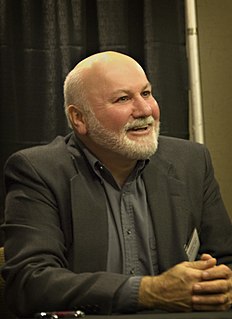A Quote by Charles Frazier
Hardboiled crime fiction came of age in 'Black Mask' magazine during the Twenties and Thirties. Writers like Dashiell Hammett and Raymond Chandler learnt their craft and developed a distinct literary style and attitude toward the modern world.
Related Quotes
I definitely have an affection for detective fiction, and when I first read Dashiell Hammett's 'The Maltese Falcon,' that book and its author made an enormous impression on me as a reader and a writer, and led me to other hard-boiled American writers like Raymond Chandler and Ross McDonald, among many.
Steve Forman is a brutally funny writer. His no-nonsense, unadorned style begs comparison to Dashiell Hammett, but Hammett's humor at its darkest never hit home this hard. Reading of Eddie Perlmutter's exploits is like rolling in an aisle paved with broken glass and wanting to do it all over again two minutes later.
Today the crime novelist has one advantage denied to writers of 'straight' or 'literary' novels. Unlike them he can range over all levels of society, for crime can easily breach the barriers that exist in our stratified society. Because of these barriers the modern literary novel, unlike its 19th-century predecessors, is often confined to the horizontal, dealing only with one class. But crime runs through society from top to bottom, and so the crime novelist can present a fuller picture of the way we live now.
I was reading Raymond Chandler very much with the feminist eye. In six of his seven novels, it's the woman who presents herself in a sexual way, who is the main bad person. And then you start reading more fiction, whether crime fiction or straight fiction, it's just bad girls trying to make good boys do bad things, going all the way back to Adam and Eve. The woman that thou gavest me made me do it, Adam says to God.




































